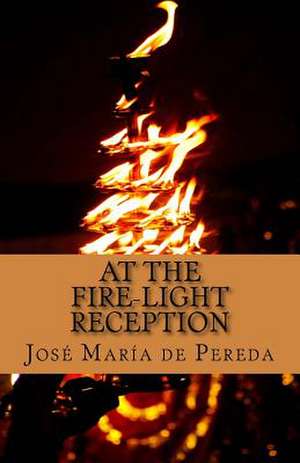At the Fire-Light Reception
Autor Jose Maria De Peredaen Limba Engleză Paperback
Preț: 62.57 lei
Nou
Puncte Express: 94
Preț estimativ în valută:
11.97€ • 12.53$ • 9.95£
11.97€ • 12.53$ • 9.95£
Carte indisponibilă temporar
Doresc să fiu notificat când acest titlu va fi disponibil:
Se trimite...
Preluare comenzi: 021 569.72.76
Specificații
ISBN-13: 9781505753639
ISBN-10: 1505753635
Pagini: 34
Dimensiuni: 129 x 198 x 2 mm
Greutate: 0.04 kg
Editura: CREATESPACE
ISBN-10: 1505753635
Pagini: 34
Dimensiuni: 129 x 198 x 2 mm
Greutate: 0.04 kg
Editura: CREATESPACE
